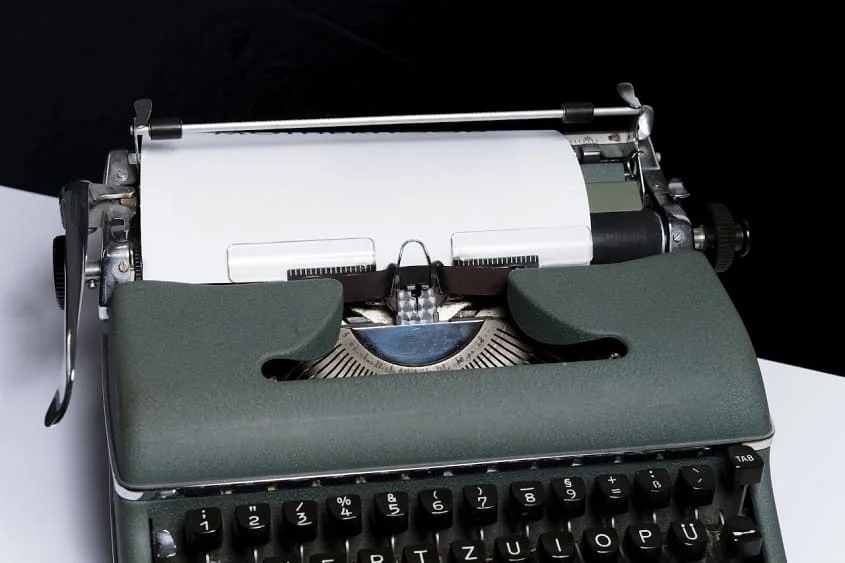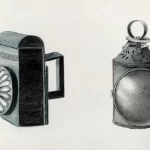A Unique Approach to Patent Invalidation: Case Study in Health Tech Landscape
- October 23, 2023
- By Sarita Thomas
- Read 3 minutes
In the ever-evolving landscape of health technology, securing patents and maintaining their validity is of paramount importance. Patent invalidation searches have emerged as crucial tools for challenging the veracity of competitors’ patents, ensuring a fair competitive ground, and fostering innovation. While several firms showcase their expertise in patent invalidation through use cases, it is essential to highlight Maxinov’s differentiated approach to make a lasting impression.
In this guide, we walk through our unique process of patent invalidation, illustrated with a hypothetical example from the health tech sector, aimed at resonating with US patent litigation attorneys’ needs.
Introduction to Health Tech Patent Landscape
The health tech sector has witnessed exponential growth over the last decade. From wearable health monitors to AI-driven diagnostics, technology is revolutionizing patient care, research, and the healthcare industry at large. Such technological leaps lead to a surge in patent applications and, subsequently, challenges related to patent validity.
The Need for Patent Invalidation in Health Tech
In a sector as dynamic as health tech, ensuring a patent’s genuineness is crucial. Invalid patents can:
- Stifle innovation by blocking genuine advancements.
- Unfairly monopolize specific technologies or techniques.
- Lead to costly litigation down the road.
Therefore, a robust patent invalidation strategy is vital for:
- Clearing the way for genuine innovation.
- Ensuring a level playing field.
- Preventing potential legal challenges.
Case Study: The Revolutionary “MediBot”
Background: Consider the case of “MediBot,” a revolutionary robotic assistant designed to aid surgeons during intricate procedures. Company A secured a broad patent for MediBot, claiming it could hinder potential competitors in the rapidly growing robotic surgery space.
The Challenge: Company B, a competitor, believed that some claims of Company A’s patent were not genuinely novel. They engaged Maxinov’s services to conduct a thorough patent invalidation search.
Our Unique Approach to Invalidation
a. Comprehensive Prior Art Search:
Our team went deep into databases, journals, and international patent repositories. Unlike limited to only traditional searches, we incorporated AI-powered tools and semantic engines as well to scour databases, and even thesis projects that might have broached similar technologies before MediBot’s patent date.
b. Collaboration with Health Tech Experts:
Our team partnered with leading surgeons, biomedical engineers, and robotic experts to understand the nuances of the technology better, ensuring no stone was left unturned.
c. Evaluating Non-Patent Literature:
Many groundbreaking innovations in health tech originate from academic institutions or independent researchers whose work might not be patented. Our search encompassed such non-patent literature to ensure a holistic understanding of the domain.
d. Technological Timeline Mapping:
To present a compelling invalidation argument, it’s essential to demonstrate that the technology or idea existed before the patent’s filing date. We meticulously mapped out the technological evolution, offering a visual representation of prior art in relation to MediBot’s patent claims.
e. Results and Implications
Our exhaustive search unveiled multiple pieces of prior art that challenged the novelty of several of MediBot’s patent claims. Some key findings included:
A university research project detailing a prototype with striking similarities to MediBot, dated two years before Company A’s patent.
A white paper from an independent robotic expert that discussed the theoretical framework for a technology like MediBot.
Armed with this evidence, Company B successfully contested the validity of Company A’s patent claims, allowing for fair competition and paving the way for further innovation in the robotic surgery space.
Put it into practice
Our approach to patent invalidation in the health tech sector is grounded in thorough research, collaboration, and leveraging cutting-edge tools. By presenting this unique methodology, we aim to engage with US patent litigation attorneys, emphasizing our commitment to fostering genuine innovation and ensuring a fair competitive landscape.
In a world where every firm showcases their proficiency through use cases, we believe our distinct strategy, especially in the high-stakes health tech domain, makes us an invaluable partner in your patent litigation journey.
As we conclude, it’s vital for attorneys to recognize the importance of partnering with a firm that not only understands the intricacies of patent invalidations but has a proven track record. Over the years, we have successfully managed more than 1,000 patent invalidation cases for attorneys worldwide. While we cannot create prior art, we stand by our commitment: if it exists, we will find it. Our meticulous approach, combined with our global expertise and access to databases, ensures that your patent invalidation needs are in the most capable hands. Partner with us, and let’s navigate the complex patent landscape together.
Disclaimer: The case study presented is hypothetical and is meant for illustrative purposes only but incorporates learnings our team gained through working on 1000+ invalidation studies for different companies and law firms globally. Any resemblance to real companies or products is purely coincidental.
Sarita Thomas
Latest Blogs
Blog Categories
- Intellectual Property (IP) Strategy (84)
- Intellectual Property Asset Management (IPAM) (17)
- IP Monetization (4)
- IP News (7)
- Patent Drafting (2)
- Patent Litigation (6)
- Patent Prosecution (8)
- Patenting (18)









No comment yet, add your voice below!